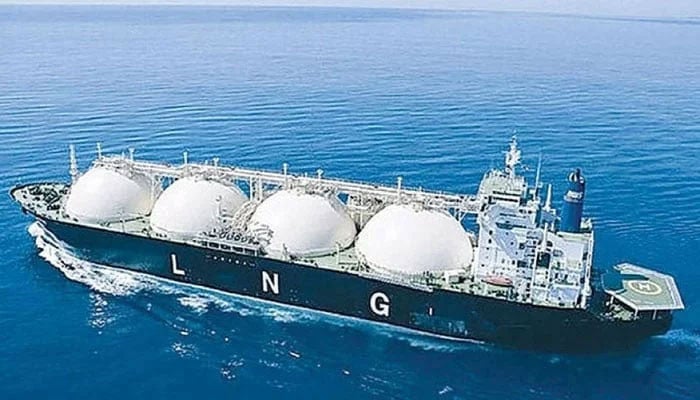AI Generated Newscast About Trump's Tariff Troubles: Will the Market Crash?

Did you know that a recent court ruling could send shockwaves through the U.S. economy, making it feel like we're on the brink of a financial rollercoaster? That's right! The repercussions of President Trump’s tariff policies and his battle for influence over the Federal Reserve are more than just political drama; they have the potential to reshape global markets.
Let’s dive a little deeper. The U.S. economy is already grappling with a forecasted slowdown in growth, and the impact of Trump’s massive tax cuts for wealthy Americans is only amplifying the situation. While his administration projected that tariffs would bring in several hundred billion dollars a year, an appeals court ruling declared these core tariffs illegal, raising concerns among investors. If these tariffs don’t generate revenue as anticipated, the U.S. debt could swell even larger than we’re currently facing.
Worse still, there’s talk that the $142 billion already collected in tariffs might even have to be refunded. Imagine the kind of chaos that could create! Investors are eagerly waiting to see how the administration will handle the appeal against the ruling this week, and uncertainty hangs heavy in the air.
As if that wasn’t enough, the administration's attempts to exert control over the Federal Reserve could undermine its independence, shaking investor confidence. For instance, efforts to unseat Governor Lisa Cook over unproven allegations could tip the scales, leading investors to demand even higher yields on bonds due to increased inflation risk. We’ve got to wonder: If policy decisions are driven by short-term gains rather than long-term stability, what does that mean for the economy?
The fallout is already evident. Recent reports indicate that factory activity has contracted for six consecutive months, and nervousness in the bond market is spilling over into U.S. stocks. With mega-tech companies—dubbed the “Magnificent Seven”—accounting for a massive portion of the S&P 500, any shifts in interest or discount rates could send their values tumbling. Just last week, Nvidia—the world’s most valuable company—saw a staggering $83 billion evaporate from its market capitalization after disappointing forecasts.
In fact, despite the dazzling heights of stock market indices, the underlying reality is that many sectors have been stagnating. This extreme concentration in tech stocks is triggering echoes of the dot-com bubble, raising alarms about the sustainability of such high price-earnings ratios. If we’re indeed sitting on a bubble, even slight increases in long-term bond yields could pop it, sending the markets into a frenzy.
Amid this financial storm, one must consider the geopolitical turbulence caused by Trump’s tariff policies. They serve as a new consumption tax affecting both corporate profits and consumer spending. Strangely enough, despite the lingering chaos, markets have remained surprisingly calm, almost blissfully so. It’s as if the excitement surrounding AI stocks has distracted investors from the glaring economic realities. But can this facade last?


















